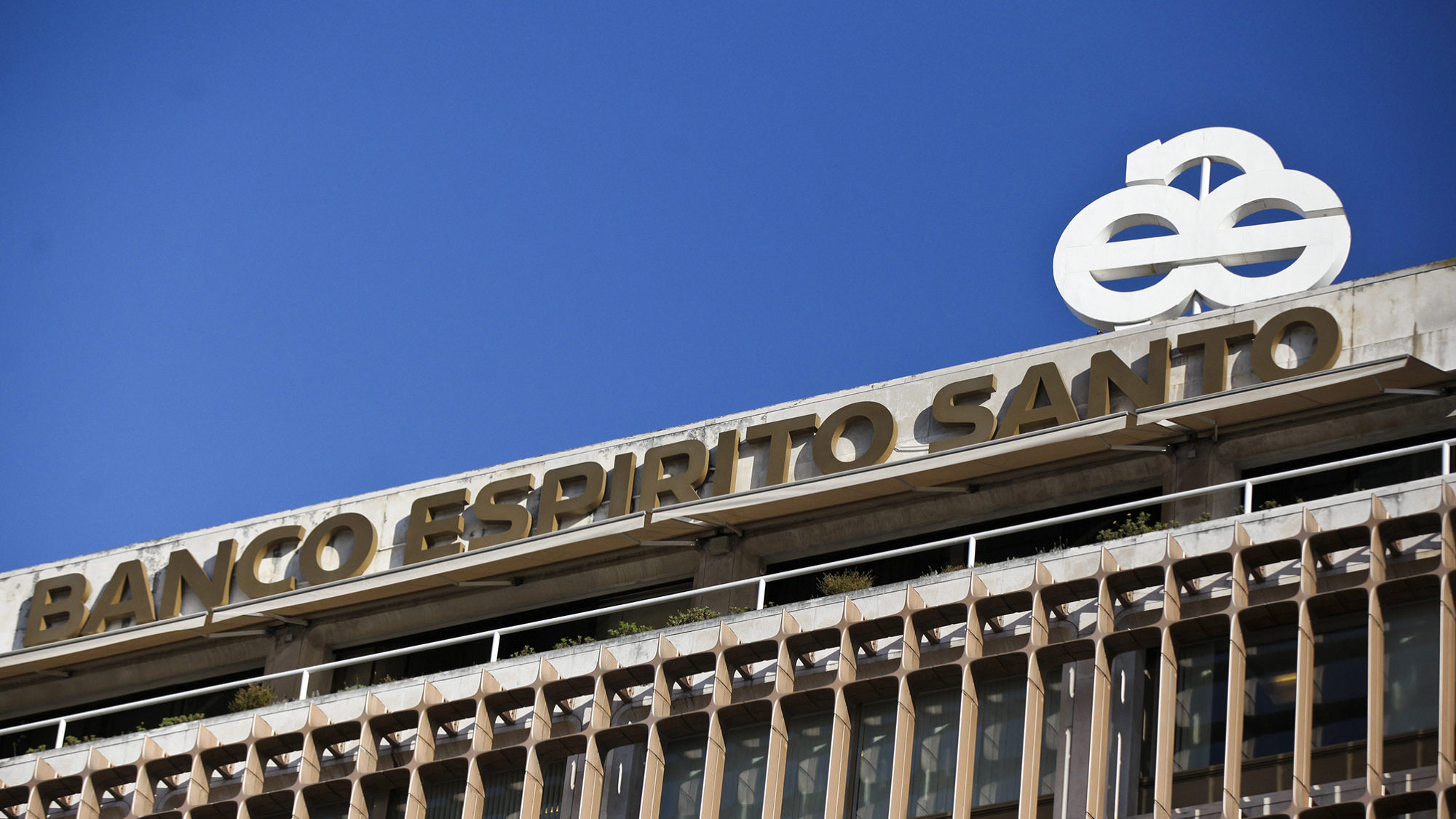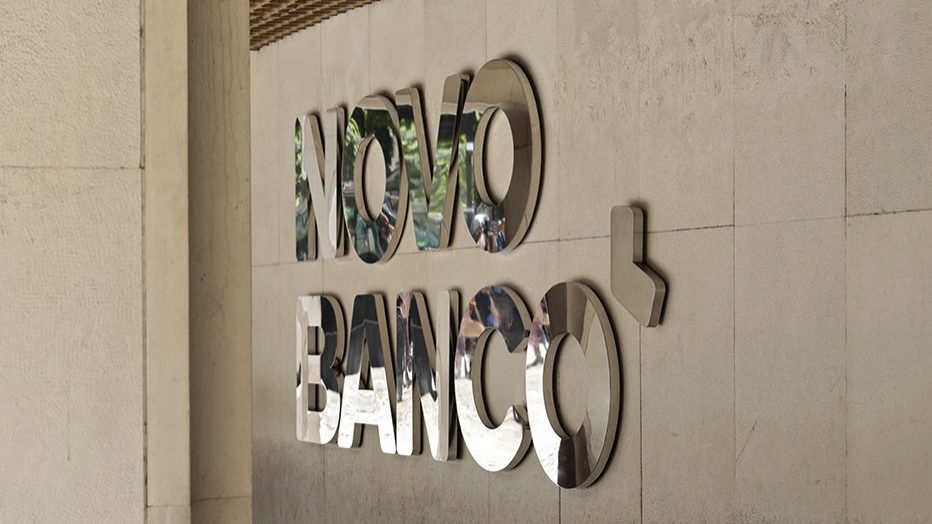Novo Banco/BES audit to be published only in redacted form
An independent audit into Novo Banco is to be made public but with sections removed based on a review by parliamentary officials.
An independent audit into Portugal’s Novo Banco, the successor to collapsed Banco Espírito Santo (BES), is to be made public but with sections removed on the basis of a review by parliamentary officials, although members of the parliament are to have full access to the document with the use of special software, the chairman of the budget committee told Lusa.
Filipe Neto Brandão, a member of the governing Socialist Party, said that the report on the audit, by consultancy firm Deloitte, had been sent by the government to the speaker of parliament, with the specification that it was confidential. Members of parliament are to have full access to the document, but on computers that have the software installed that serves to protect classified information, and which tracks their consultation.
On the public release of the document, the committee chairman said that he had ruled that parliamentary legal officials should identify the parts of it covered by banking secrecy laws or other types of confidentiality so that the rest of the report can be posted in on parliament’s website. He said that this was likely to happen in the “short term”.
The Deloitte audit of acts of management of BES/Novo Banco covers the period from 2000 and 2018 – that is, both before and after the Bank of Portugal resolved BES and created Novo Banco to carry on its commercial business – began last year and was to have been completed by July. It was finally handed over to the government today.
The audit has already been the trigger for political friction between the prime minister, António Costa, and the then minister of finance, Mário Centeno, on the one hand, and Portugal’s president, Marcelo Rebelo de Sousa, on the other, after the prime minister said in May that the no more capital would be injected into Novo Banco by the banking sector Resolution Fund until after the audit was submitted. In fact, a fresh capital injection had already been completed – to the tune of €1.035 billion – with Centeno’s knowledge.
In June and July, deals in which Novo Banco had sold non-performing assets at huge book losses – partly offset by money from the Resolution Fund – were detailed in the Portuguese press, prompting criticism from various political quarters, and in July the government said that the Novo Banco should not carry out any further such sales until the audit was completed.
Earlier on Tuesday, the Ministry of Finance said in a statement that it had now received the audit report, which it said: “will be sent to the office of the attorney-general, considering the constitutional and legal powers of the Office of Public Prosecutions.”
According to the government, the report details total net losses of €4.042 billion at Novo Banco between 4 August 2014, the day after the BES resolution, and 31 December 2018, and “describes a number of serious shortcomings and deficiencies” in the management of BES, up until its resolution in 2014, in its provision of credit and its investment in financial assets and real estate.
In October 2017, a 75% stake in Novo Banco was sold to the US investment fund Lone Star, with the banking sector Resolution Fund retaining 25%, as part of a solution agreed between the Bank of Portugal and the government. At the time of the sale, a contingent capital mechanism was agreed that foresees that up until 2026 the Resolution Fund would compensate Novo Banco for capital losses on a set of assets that it inherited from BES, up to the tune of €3.890 billion.
Since then, the Resolution Fund has so far injected €2.976 billion, meaning that it may yet inject a little over €900 million. The injections have an impact on Portugal’s public accounts, since the Resolution Fund, although funded by financial institutions, is a state entity.

